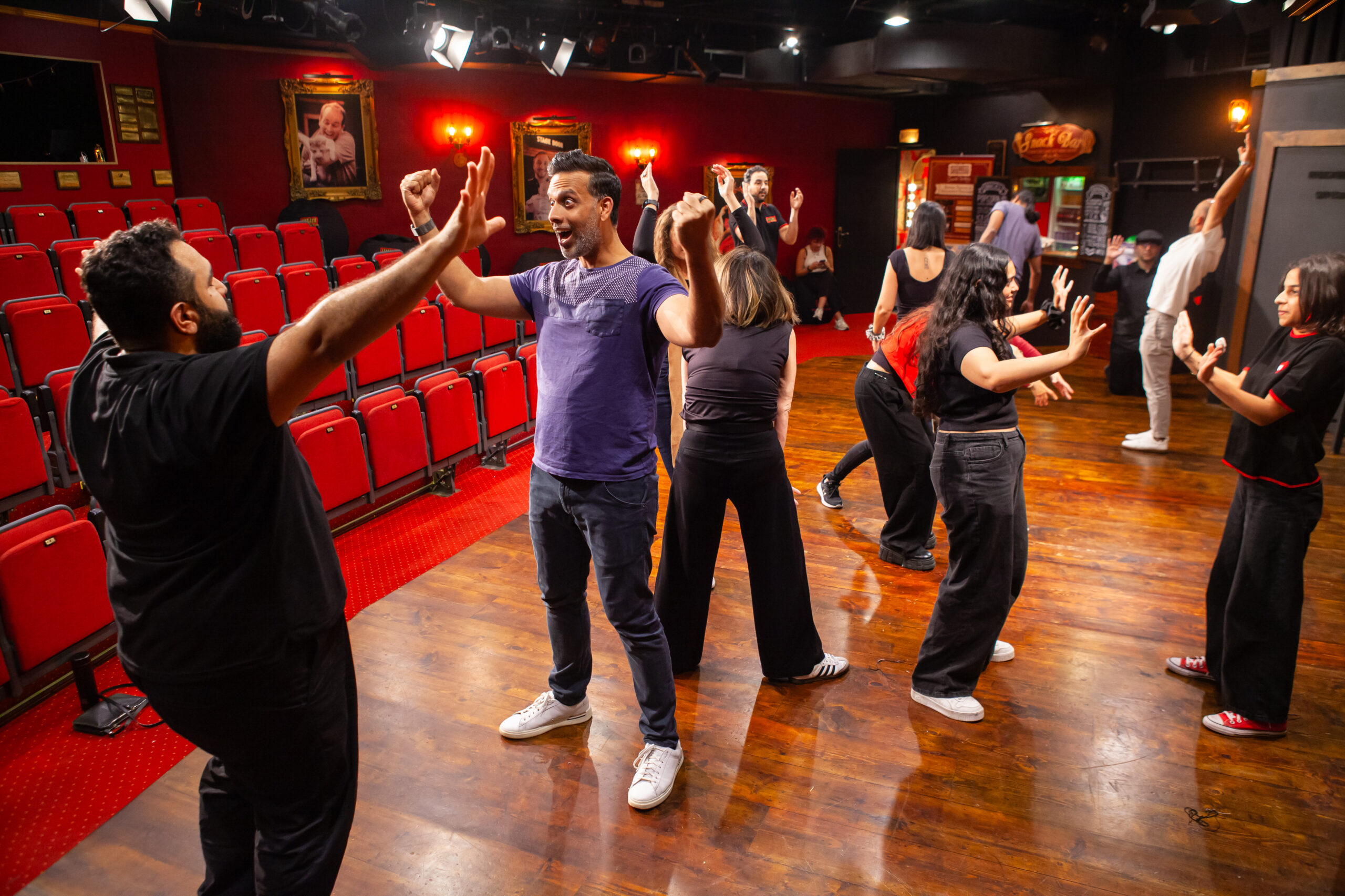– By Ajay Khari
I’ve always loved theatre. Maybe it was the chance to step into different lives and see the world through unfamiliar eyes. Maybe it was the camaraderie of a cast and crew; a different kind of team sport, far more appealing to me than running across swampy rugby pitches on freezing Saturday mornings. Maybe it was growing up as a London lad, spoiled by the endless offerings of the West End. Maybe it was all of the above and more.
But like many, as the years passed, I made choices. Some passions we pursue; others we quietly place to one side, until they start to feel like relics of a previous life, distant and out of reach.
That’s what happened with me. I pursued a corporate education, stepped into a corporate environment, and measured myself against corporate standards. It served me well. I travelled the world, sharpened my go-to-market skills, and built a career in technology and software just as the world was digitising at a dizzying speed. From news consumption to social interaction to managing finance, everything was transforming — and I was lucky enough to be right there in the thick of it.
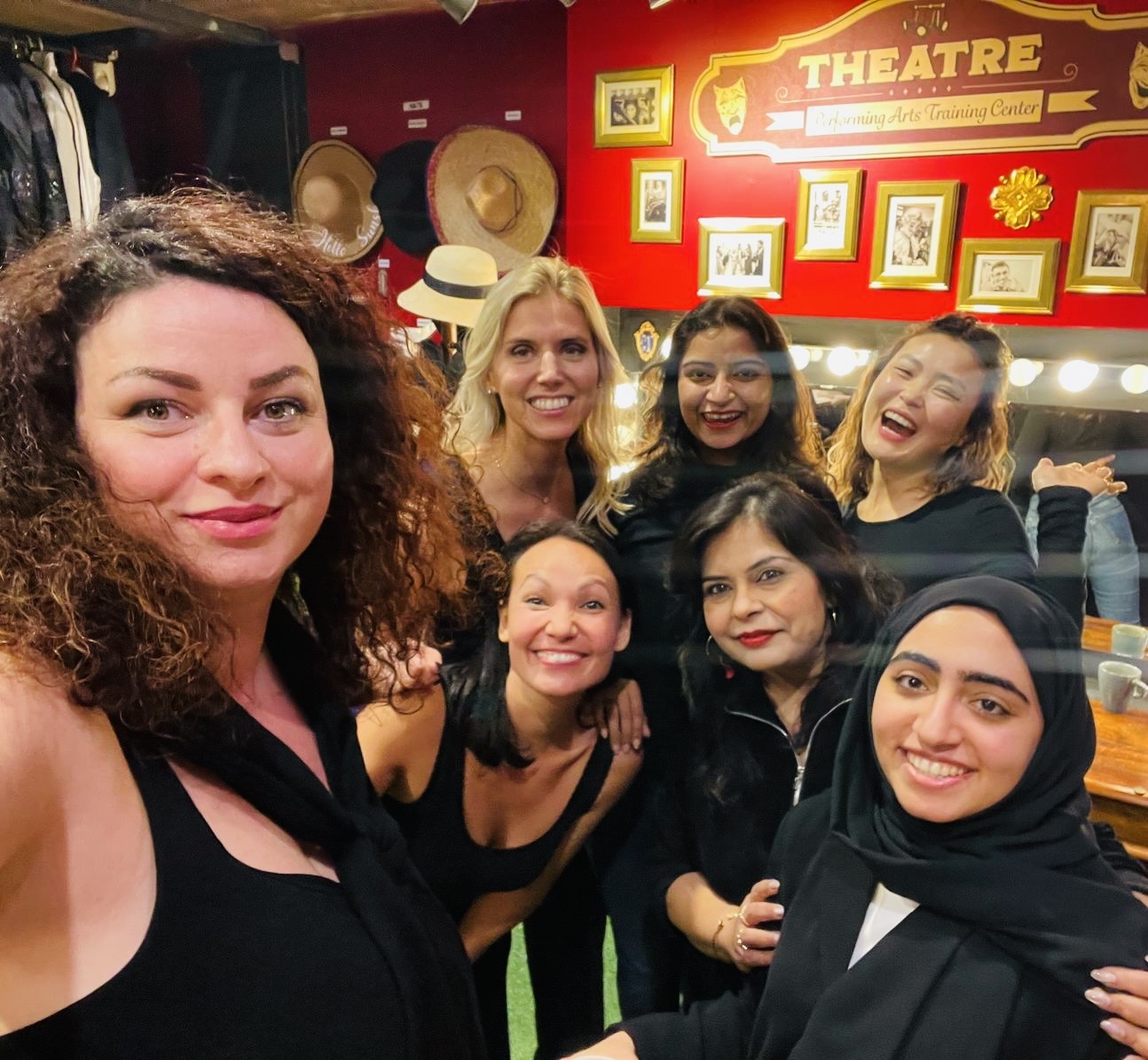
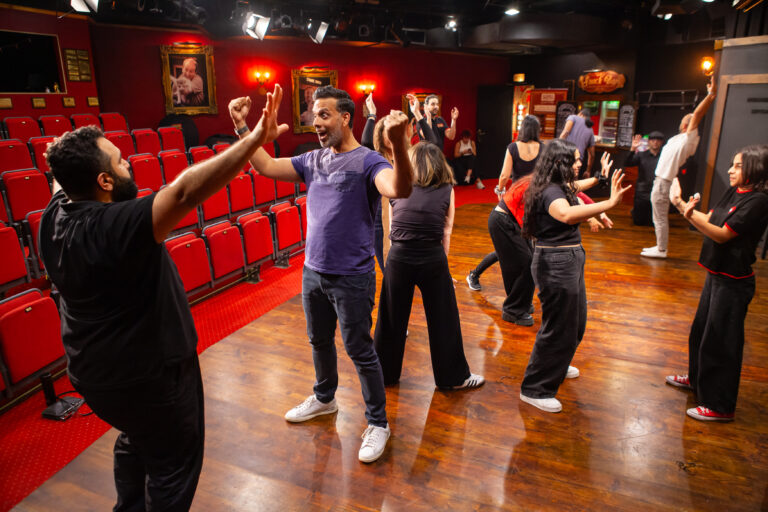
Through it all, my love for theatre never disappeared. But it became harder and harder to find. The once-in-a-blue-moon trip to a show barely scratched the itch, and the occasional late-night karaoke session didn’t quite cut it!
Months turned into years. Years into decades. And the longer I went without stepping on a stage, the less sure I became of how to find my way back. That sense of spontaneity, presence, and creative expression quietly atrophied; and with it, something else eroded: a sense of identity.
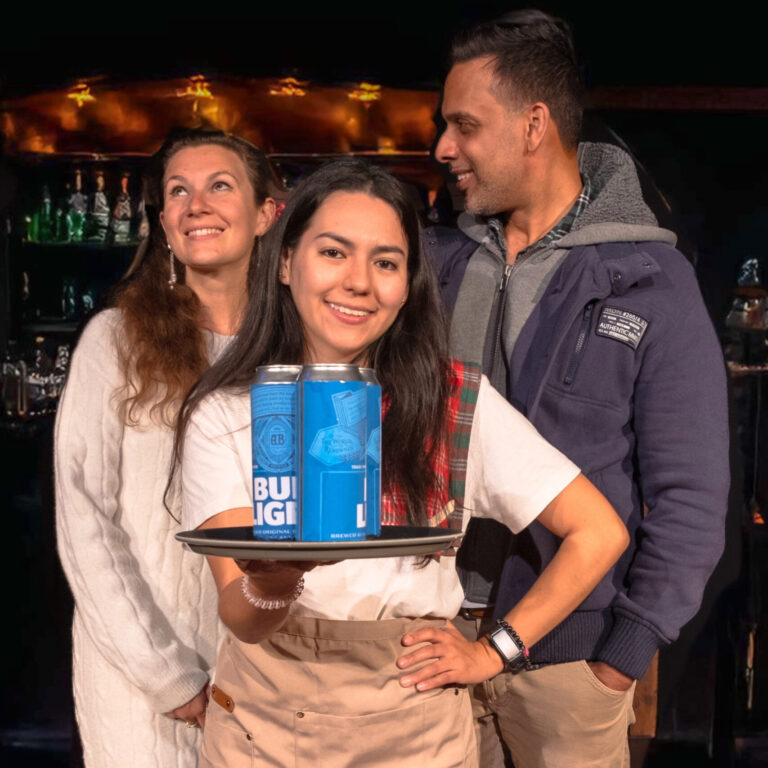
It wasn’t until last year, after stepping away from a fulfilling long-term role, that I nervously enrolled in an improv class at The Courtyard Playhouse. When asked why I had signed up, I found myself simply saying, “Every time I think about being on stage, I smile. I want more of that.”
I came in thinking that theatre was about connecting with an audience. What I learned — almost immediately — was that improv is first about connecting with the person standing next to you. It’s about being present, listening deeply, and building something real in the moment.
But there’s more. Improv is also about connecting with yourself: about finding your own truth in whatever scene you’re creating, even if you’re alone on stage. It asks you to show up not with a script, but with presence. With curiosity. With whatever truth you have to offer in that moment. And in that sense, improv isn’t just a performance skill. It’s a life skill.
It teaches you to notice. To be brave. To support others in their moment, and to trust that they will do the same for you. And the better you are at being present, on stage or off, the better you become at navigating the complexities of life. Whether you’re on a theatre floor, in a boardroom, or around a dinner table, the core lesson is the same: connection is not just a strong leadership capability; it is everything.
In recent years, I’ve also written for Forbes and other publications about disinformation, misinformation, and the accelerating role of AI. I’ve seen how, in today’s climate, rhetoric hardens, truth blurs with opinion, and trust erodes. We are struggling to connect. And in a world that struggles for connection, everything, from our politics to our personal lives, becomes more brittle.
Maybe that’s why improv matters so much right now. On a small stage, in a simple classroom, improv demands the opposite of the divisions we see every day. It asks us to truly see another person. To put our egos aside. To build something together from nothing but trust, attention, and shared imagination.
Improv is about confidence, yes. About vocal delivery, yes. It will absolutely help you speak in public or think on your feet. For me, it has sharpened my networking skills, my trade exhibition presence, even the way I build business. When you’re attuned to reading a room, adjusting your delivery, and creating space for others to engage, things tend to shift. Conversations become richer. Opportunities, more genuine.
But more poignantly, in a world that’s gone AI-crazy, where every LinkedIn feed is lighting up with the latest breakthrough, and where so many people are quietly wondering what it all means for their careers, there’s something deeply grounding about improv.
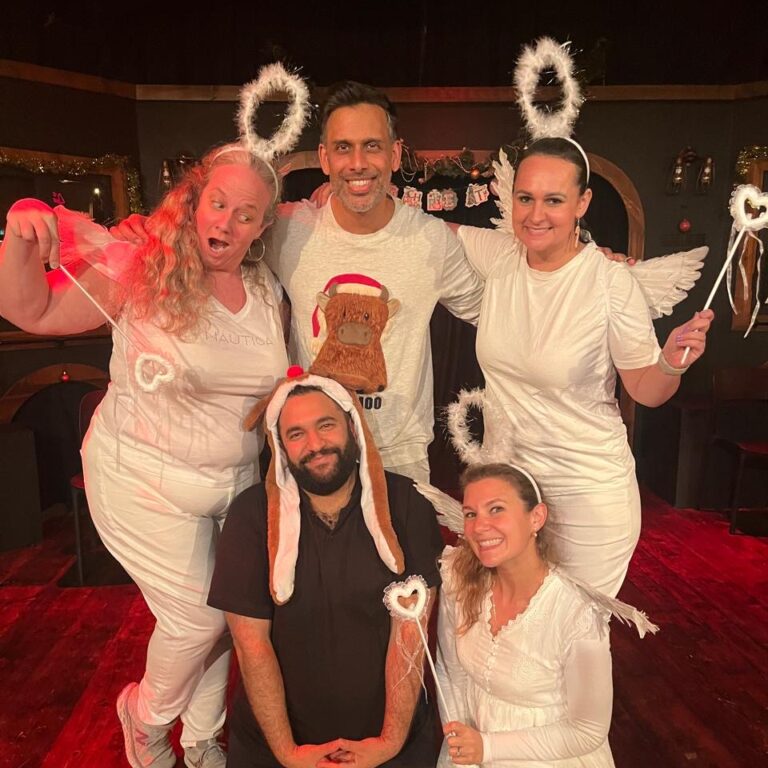
Because when everything around us is being automated, streamlined, and digitised, the one thing we should double down on is what it means to be human. To be present. To be in the moment not because an algorithm told us to pause, but because we are listening. Because we care. Because empathy still matters.
And maybe that’s the quiet revolution improv offers. A chance to practise, intentionally and joyfully, what it means to be human — together.
There’s a strange, beautiful irony that in a world built on “make-believe,” I have found a true form of authenticity. So, looking back, I smile even more now. Not just because I found my way back to the stage, but because I found a way back to myself. Improv didn’t just reconnect me to theatre; it reconnected me to the world.
And the beautiful truth is: the more you connect, the more there is to discover.
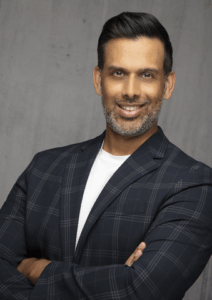
Ajay Khari
Ajay has spent over two decades working at the intersection of technology, information integrity, and international business. His global career spans multiple markets and senior leadership roles, from start-up through to successful exit, and consulting with some of the largest organisations in the world. Today, he serves as an advisor and non-executive director across both commercial and non-profit sectors, and regularly contributes to the press on topics such as AI, information toxicity, strategy, and innovation. Passionate about the green transition and the circular economy, Ajay is also actively involved with a Foundation, endorsed by senior UN figures, working to plot a credible path to a more sustainable future by finding common ground between industry, people, and planet. He holds degrees from the University of Nottingham and the University of Oxford, and considers himself a lifelong learner.
